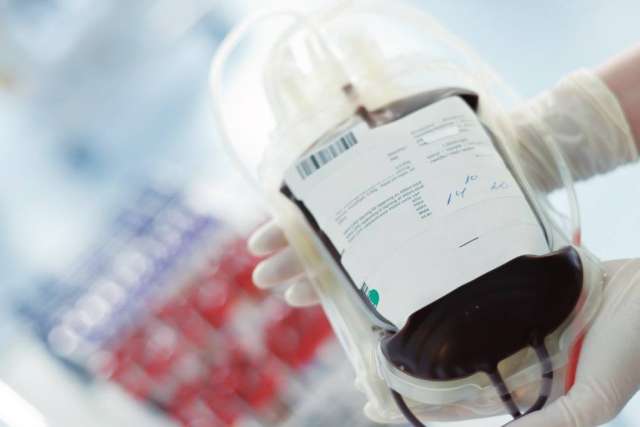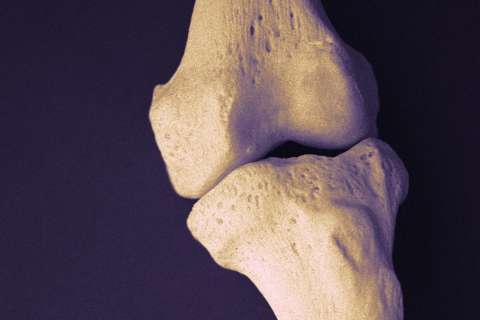Dear Doctor: I am 75 years old, and I donate blood as often as they will accept me. However, I’m often anemic and get rejected. I eat a spinach salad every day, and fish, chicken or beef, plus veggies, for dinner. I’ve been double-dosing on iron supplements, but I’m still anemic. How concerned should I be?
Dear Reader: First, thank you for being a regular blood donor. Thousands of people each day are in need of blood or platelets. These can’t be manufactured and can come only from donors, so volunteers like you are saving lives. According to the Red Cross, the blood and blood products from each blood donation have the potential to save three lives.
In order to protect both the donor and the recipient, each donation is screened for a range of disease markers. The blood is also tested for anemia. Anemia occurs when someone lacks enough hemoglobin to carry adequate amounts of oxygen from the lungs to the tissues throughout the body. Hemoglobin is the protein that makes it possible for oxygen to move from the lungs to the blood, and then from the blood to the tissues.
Mild cases of anemia can be symptom-free. In fact, becoming a blood donor is a common way that people are first made aware of their condition. People with moderate or severe anemia can experience fatigue, breathlessness during even mild exertion, headaches and pale skin, and they can become easily chilled. Without enough red blood cells for their own optimal health, people who are anemic are ruled out as potential blood donors.
With your diet and the use of iron supplements, you’ve taken steps to address iron-deficiency anemia. However, the fact that you continue to be flagged as anemic does raise some concerns.

If you haven’t done so already, we think it would be wise to have a G.I. evaluation. This is to rule out occult bleeding, which is a loss of blood within the gastrointestinal tract that isn’t immediately visible. When you lose blood, you lose iron, which is essential to hemoglobin’s ability to carry oxygen. A common cause of occult bleeding is peptic ulcers, which are sores that develop on the lining of the stomach and the upper part of the small intestine. They can be caused by bacteria or anti-inflammatory drugs. Gastrointestinal bleeding is also a possible side effect of some blood-thinning medications. Occult bleeding may also arise due to inflammatory bowel disease, hemorrhoids, anal fissures, tumors or colon polyps.
Blood from the G.I. tract can usually be detected via a fecal blood test. If the results of a fecal blood test are positive, the next step would be a series of tests that use a scope to examine the upper and lower G.I. tracts to locate and identify the source of the bleed.
In addition to the causes of occult bleeding that we already mentioned, chronic anemia can be a sign of more serious conditions, including immune disorders, long-term infection and certain cancers. We hope that you will work with your doctor to identify the cause of your recurrent anemia.
(Send your questions to [email protected], or write: Ask the Doctors, c/o UCLA Health Sciences Media Relations, 10880 Wilshire Blvd., Suite 1450, Los Angeles, CA, 90024. Owing to the volume of mail, personal replies cannot be provided.)





